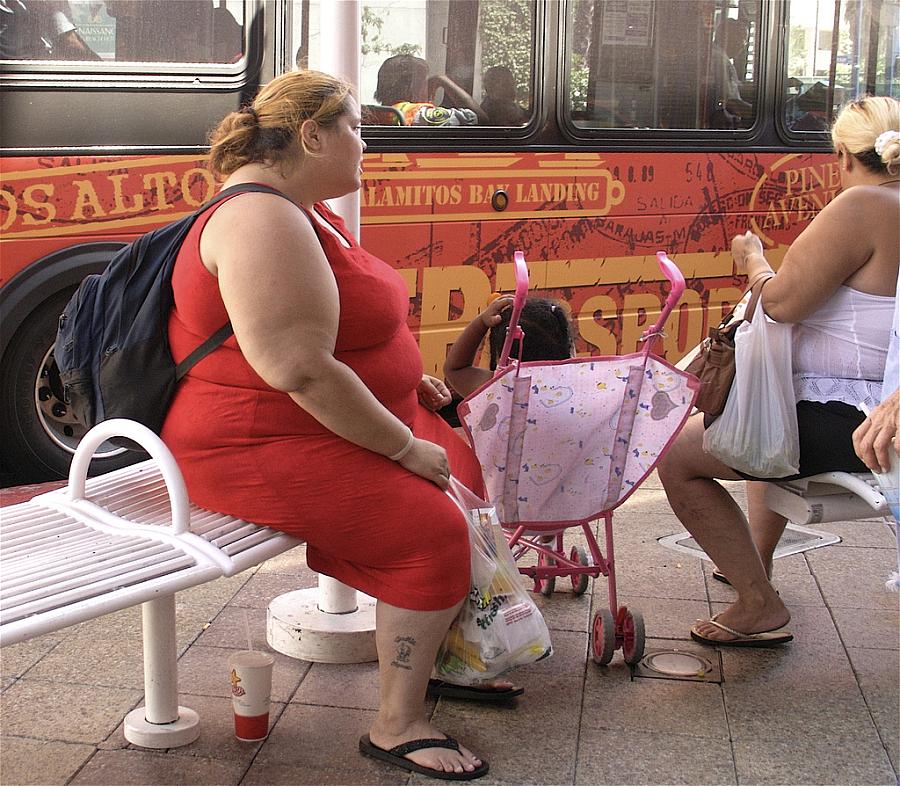A Healthy New Year's Resolution with a Social Twist

The December issue of Wired Magazine profiles David Kirchhoff, CEO of Weight Watchers, in a story on new ways to measure calories and food. It's an interesting piece, with several points worth contemplating at the start of the year.
Kirchhoff, who gained some 70 pounds in his years after high school, writes a blog about the ups and downs of his physical self. When he first came to Weight Watchers, it was a regular points-minded participant. Now, as a fit CEO, he's changed the plan. In December 2010, the company adjusted its algorithm for counting points. Among the revisions, a banana and other fibrous fruits are relatively encouraged relative to other, less nutritious foods with similar amounts of calories.
The two main points I took away from the Wired story by Jeffrey O'Brien, supplemented by reading of his and sources are these:
1. The effectiveness of Weight Watchers derives largely from its method of peer-to-peer support.
Earlier this year, the Lancet reported on a clinical trial of 772 overweight or obese adults in Australia, Germany and the UK. In the randomized study funded by Weight Watchers International, half of the patients received weight loss counseling from primary care docs, and the other half got free membership to Weight Watchers. And wouldn't you know it - the people who participated in Weight Watchers lost more weight than did the others. (Weight Watchers lost 5 kilos, or 11 pounds, on average, compared to 2.25 kilos, or 5 pounds, over the course of 1 year).
2. Weight Watchers, what's essentially a business led by a man with an engineering degree and an MBA, can have a positive effect of the health of many individuals. By this one parameter (weight loss over one year) the program was more effective than a doctor's advice.
In sum: the community can make a positive difference about some aspects of health, for the better.
As an aside, it turns out that Weight Watchers was founded in Queens, NY in the early 1960s by a homemaker named Jean Nidetch. Evidently my then-neighbor recommended a low-calorie diet put forth by the New York Board of Health to some overweight people who lived nearby. According to the Wired story, she invited them to weekly meetings where they'd discuss their diets and be supportive of one another.
And there's the twist: Maybe health is social, at least in part - in the sense of ordinary, non-professional people in a community having the capacity to influence others' behavior to promote the odds of their well-being. Surely, friends can help friends; a husband can help a wife; a mother a daughter. The trick – and maybe this is where the doctors got it wrong – is in getting the language right; to give a nudge, gently, kindly and without condescension.
Thoughts for the day, and cheers!
